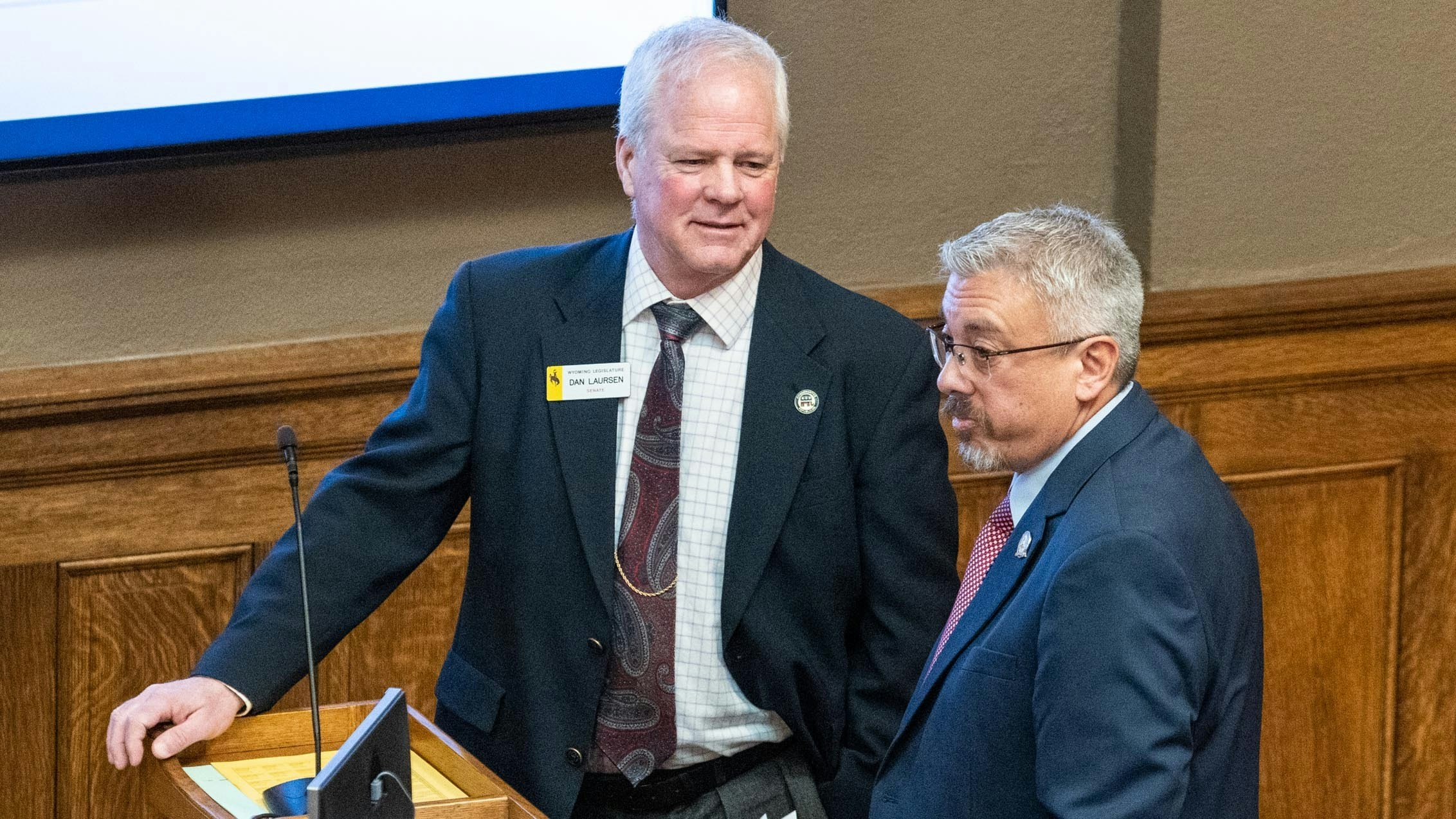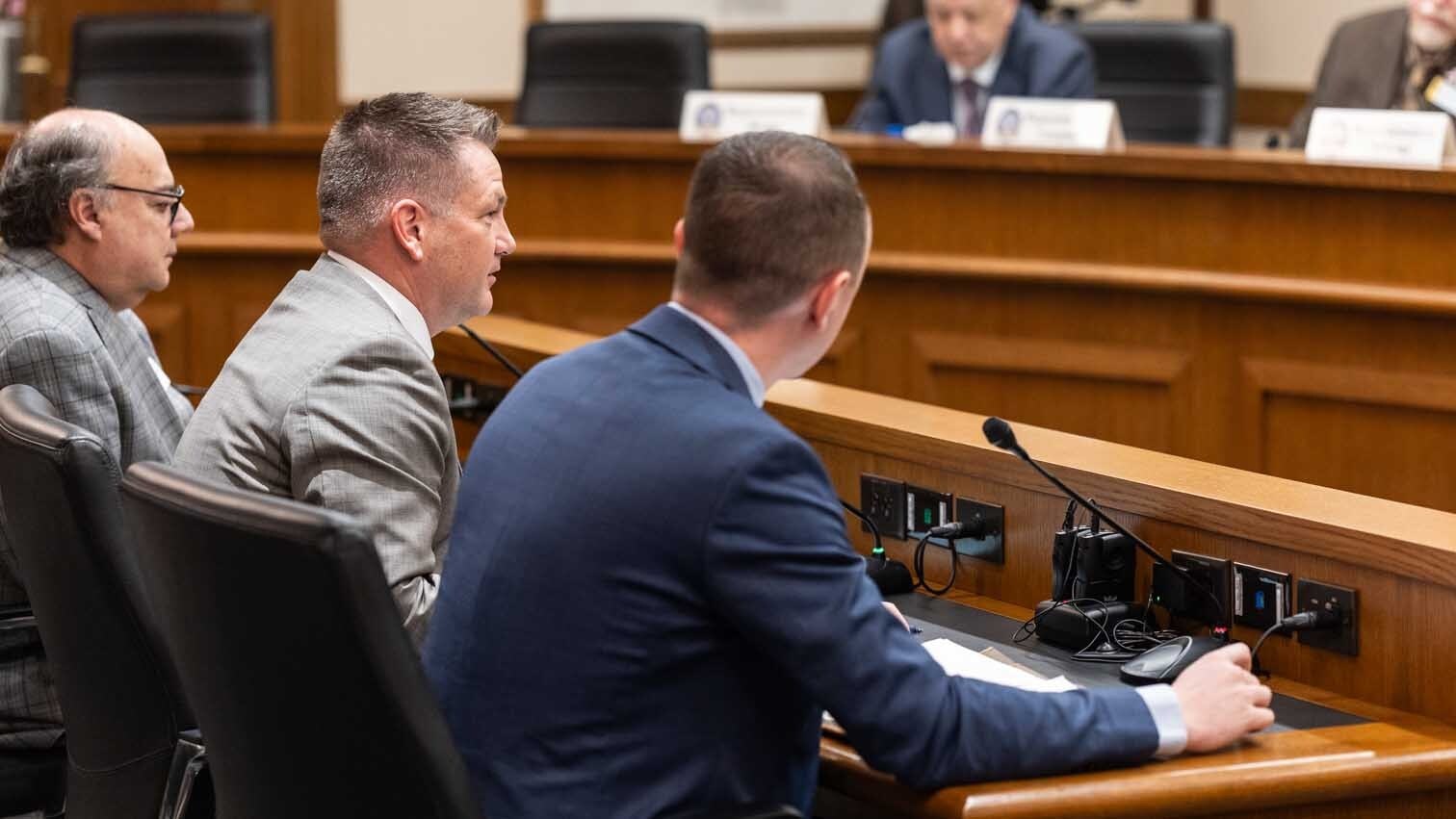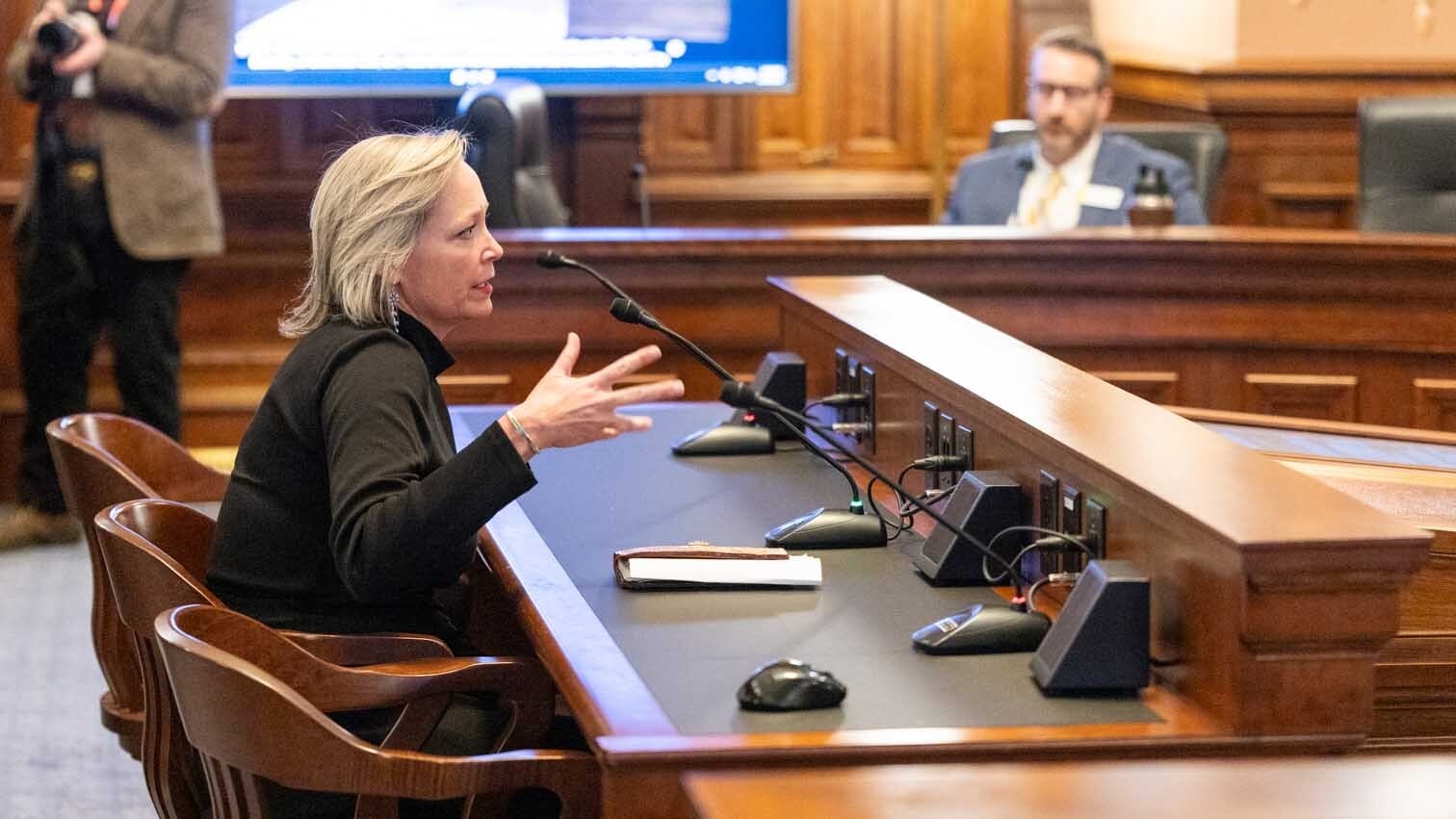Of the 11 bills that died at the State Legislature on Monday, only one was considered and voted on.
This was Senate Joint Resolution 11, which would have requested Congress call a Convention of States. The House defeated SJ 11 on a 41-21 vote.
There has been a growing national movement from conservative states to call the first Convention of States.
“Whatever comes out has to have citizens’ support like we’ve done in the past,” bill sponsor Sen. Dan Laursen, R-Powell, said. “The feds in Congress are going to go, ‘oh my gosh, these guys might get together and talk about something that is a better product than we’re going to do.’”
The purpose of the convention would be to propose amendments to the Constitution. Article V of the Constitution provides for the Convention of States as a way for states to bypass Congress in proposing amendments to the Constitution. It has never been used. Each state that calls for the Convention would be represented by a yet-to-be determined individual or individuals.
Even though Laursen is one of the most conservative legislators in the Wyoming Legislature and the calling of a convention is seen by many as a big push for the states’ rights movement, most members of the staunchly conservative Wyoming Freedom Caucus voted against the bill on Monday.
“The conservative group over there, they’re just totally afraid,” Laursen said. “They’re afraid of who we’re going to send because it’s not them. Of course, we’re all going to say that. Who could do it right? Only I.”
Many opponents of the bill have expressed fear of a runaway convention that ends up stripping away Second Amendment rights.
Nineteen Republican-majority states have so far committed to the movement. Laursen said many of these states are “way redder” than Wyoming, like Florida. He said he hopes those who voted against his bill hear from their constituents about it during the interim session and he still has hope it will pass in Wyoming in the near future.
“I’m still excited, I’m just disappointed big time,” Laursen said.
Reps. Tomi Strock, R-Douglas, and Dalton Banks, R-Cowley, who co-sponsored the bill, ended up voting against it despite it receiving only one small amendment through the legislative process. All five Democrats in the House allied with most of the Freedom Caucus in voting against it.
Rep. Mark Jennings, R-Sheridan, also opposed the bill.
“From our standpoint, the Constitution is not broken,” he said. “It’s the people that we put in office that don’t adhere to the principles in the Constitution.”
The Democrats also aligned with many Freedom Caucus members on agreeing to end consideration of any more bills on Monday. Jennings said there’s a few times in the past where hard-line conservatives and Democrats may have voted the same way, but had almost completely opposing reasons behind it.
“I’ve seen spending bills where the Democrats would vote against it because it wasn’t enough spending, but the conservatives voted against it because it was too much spending,” he said. “It’s very interesting to watch that dynamic unfold.”





